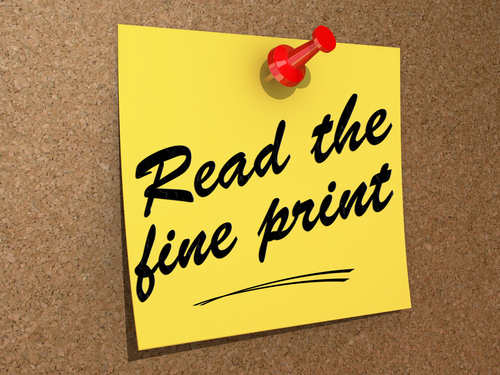
By: Matthew H. Fry, Esquire
Insurance is a necessity in today’s society. You need it to drive a car, to own a home if you have a mortgage, and you have the option to buy it for your pets, your travel plans, and for your business.
And while you need insurance, it does not cover everything and sometimes requires you, the policyholder, to take action once an accident occurs.
The problem is that many policies are very long and detailed. It may be difficult to find what you are looking for, and there can be endorsements on policies which may change the primary policy coverage.
So what should you do if you have a question or concern? How do you know if you have certain coverage?
Here are some suggestions to get the information you need.
- First and foremost, think about your insurance needs. While car insurance has pretty standard coverage provisions, there are some varying policies for different kinds of vehicles and endorsements that could be added. You also need to consider the amount of coverage and whether you have enough coverage to protect your personal or business assets. You should discuss these issues with an experience insurance broker or agent. You can also call some insurance companies directly to discuss.
- Find out what you need to do to report a claim before it happens. You need to know that if something happens and you need to file a claim, you should know whether you have to call the police, preserve the damage, or perform emergency repairs. Have the phone number or website information handy to report the claim promptly.
- Consider hiring a public adjuster. When you have a property damage claim, or a claim with a loss of income or other complicated calculations, a public adjuster may be able to find additional coverages and calculate the losses higher than the insurance company.
If you consider these options, you should have a pretty good idea of what should be covered, what is not covered, and how to file a claim.
But what happens when you cannot resolve a claim with an insurance company, or it denies the claim? Once a claim is denied or partially disputed by the insurance company, your options are limited. While sometimes a public adjuster can negotiate on your behalf, if you or your public adjuster cannot persuade the insurance company to pay the claim or negotiate, you may have to consider retaining an attorney and taking legal action. If this is the case, the Law Firm of DiOrio & Sereni, LLP can help.
If you have any questions about insurance or an insurance claim, or are interested in learning more about what the Law Firm DiOrio & Sereni, LLP can help your small business, please contact Matthew H. Fry, Esquire at 610-565-5700 or at [email protected].
The Law Firm of DiOrio & Sereni, LLP is a full-service law firm in Media, Delaware County, Pennsylvania. We strive to help people, businesses and institutions throughout Southeastern Pennsylvania solve legal problems – and even prevent legal problems before they occur. To learn more about the full range of our specific practice areas, please visit www.dioriosereni.com or contact Matthew H. Fry, Esquire at 610-565-5700 or at [email protected]
Like what you see? Join our mailing list










